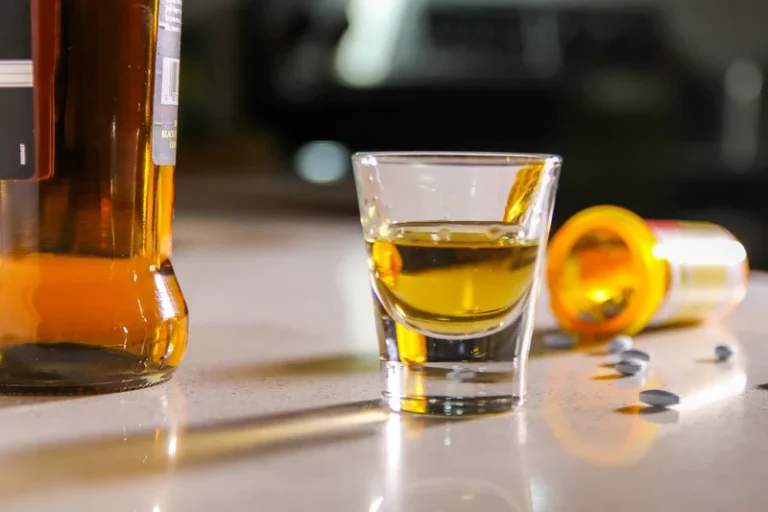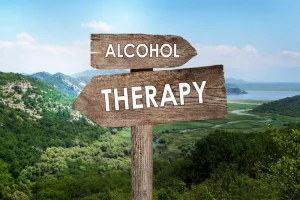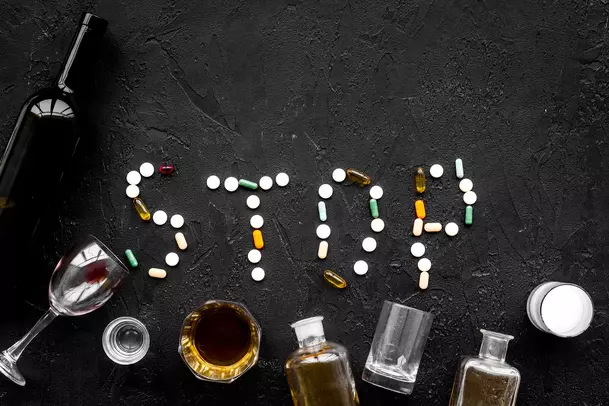Sober-Curious: Benefits of an Alcohol-Free Lifestyle

You can search terms like #alcoholfree, #soberlife, or #addictionrecovery to find accounts that offer motivational posts, alcohol-free lifestyle ideas, and emotional support. And even if your symptoms are mild, consider getting help to make you more comfortable. There’s no prize for suffering, and you may be more likely to start drinking again if you ignore withdrawal symptoms. benefits of living alcohol free While some detoxification protocols involve being admitted to a hospital unit or specialized “detox” facility, some people are able to get outpatient treatment that involves taking medication at home. There’s a useful online screening tool that can help you assess withdrawal symptoms and track them over time, but it’s not a substitute for a professional evaluation.
Decrease the risk of heart disease

Often our skin improves as a result of cutting alcohol out of our lives, including fewer bags under our eyes. In addition to healthier activities, at this point, you’ll likely enjoy a more normal appetite. It’s common to maintain a more steady diet in sobriety, instead of skipping breakfast the morning after drinking, for example. By now you might be feeling great in the mornings, have less alcohol-related anxiety, experience more mental clarity, and feel a deeper sense of appreciation for waking up without hangxiety or shame.
You’ll become a badass

Thus, in January, we may feel the need to take a break from alcohol. An alcohol-free month is the best choice we could possibly make for our health, British researchers conclude. You also may start to realize that alcohol was a bigger part of some of your relationships than you thought.
reasons to have more alcohol-free days each week
Moreover, people who went teetotal for a month also got drunk a lot less frequently later on in the year. Rates of excessive drinking fell from an average of 3.4 times per month at baseline to 2.1 times per month on average. Fortunately, the liver can repair itself once it’s given a break from alcohol.
April is Alcohol Awareness Month, so it’s a good time to talk about how to quit drinking safely and what to expect if you’re going alcohol-free. It’s no secret that alcohol use increased with the COVID-19 pandemic, and that has caused some people to start questioning the role of alcohol in their life. A big part of alcohol recovery is taking steps to improve your lifestyle through changes like diet and exercise. If you’ve been trying to get to and maintain a weight that supports your health, quitting alcohol can help you meet that goal. Migratory travel itself can be energetically expensive7,20 and often requires special adjustments in physiological processes with changes in the physical makeup, for example, size and weight, of organs and tissue21,22.
- This is a common condition called post-acute withdrawal syndrome (PAWS), and symptoms will improve over time.
- Try using Alcohol Change UK’s unit calculator to work out how many units you drink and watch our video guide to alcohol units.
- April is Alcohol Awareness Month, so it’s a good time to talk about how to quit drinking safely and what to expect if you’re going alcohol-free.

From that, we get a total of 890,689 measurements (see Supplementary Table 1 for the exact distribution of the measurements). Many people quit smoking once the fact that smoking caused lung cancer was in the public domain. I believe the same thing will happen with alcohol and we are seeing more articles (like this one!) about the damage that alcohol can do. A negative loop can be created, whereby the alcohol impairs the effectiveness of the body’s organs, this further reduces the body’s ability to process alcohol, which in turn undermines the body further. Evidence shows that heavy drinking can cause the symptoms of aging to appear earlier than normal.

Improved memory function
- The average UK family spends nearly £1,000 a year in booze, whereas some studies say the lifetime cost of drinking is approximately £50,000.
- Getting sober can also help individuals to regulate their emotions more effectively.
- Other studies, such as this one from 2022, have found similar results, showing no health benefits of consuming alcohol in moderation for people under 40, only risks.
- Addiction can lead to poor work performance, absenteeism, and even job loss.
- You’ll likely notice a clear improvement in your immune system when you choose to drink alcohol-free.
True friends provide encouragement, not pressure, to nurture your healthiest self. Prepare responses for offers of alcohol, suggest alcohol-free activities, and surround yourself with supportive people who respect your choice to live alcohol-free. Having a plan in place makes it easier to navigate social situations while staying true to your sobriety goals.
- Indeed, in the UK, it’s estimated that nearly 25 per cent of adults drink more than the recommended daily units, and binge drinking is still a reality for 27 per cent of the population.
- This includes cancer recurrence or the development of secondary primary tumors (SPTs).
- Alcohol is a depressant and can cause shifts in your mood and affect your mental health.
- Many report lower stress and happier moods without alcohol’s depressive effects.
What happens to your body after 7 days of no alcohol?
Data from 2013 published in the American Journal of Public Health estimated that about 3.5% of cancer deaths in the United States were alcohol-related. Still, newer research from 2023 suggests that no amount of alcohol is protective against all-cause mortality. “The benefits can vary from person to person depending on how much of a change from their https://ecosoberhouse.com/ baseline behavior this is,” Dr. Rekha B. Kumar, medical director of the American Board of Obesity Medicine, told Healthline. Every month, we launch fun challenges, like Dry/Damp January, Mental Health May, and Outdoorsy June. You won’t want to miss out on the chance to participate alongside fellow Reframers (or solo if that’s more your thing!).
Extended Data Fig. 2 Visualization of reactions in HRT to different ambient temperatures for both wintering strategies.

